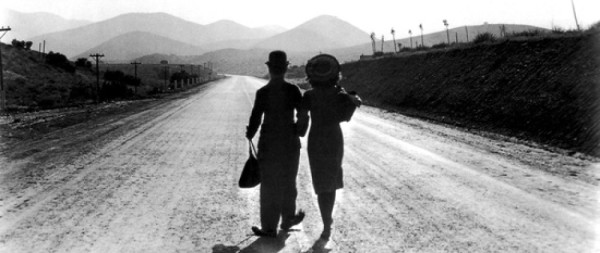Who’s Afraid of Virginia Woolf
Directed by Mike Nichols
Written by Ernest Lehman from a play by Edward Albee
1966/USA
Warner Bros./Chenault Productions
First viewing/Netflix rental
One of 1001 Movies You Must See Before You Die
[box] George: And that’s how you play “Get the Guests”.[/box]
This goes immediately on top of my Best New-to- Me Films of 2019 list. I don’t see how the play could have been adapted any better.
It is 2 AM and all concerned have been drinking since 9 PM at a party. George (Richard Burton) is an Assoicate Professor in the History Department at a private college. His wife Martha is the college president’s daughter. George evidently has been a major disappointment to both his wife and her father. Martha has invited a younger couple to their home for after party drinks. Nick (George Segal) is the new guy in the Biology Department. His wife Honey (Sandy) is a ditzy blonde with a weak stomach.
Even before the guests arrive, George and Martha are at each other’s throats. They declare “total war” and the barbs and insults continue in full force before their embarrassed guests.

When Martha reveals a family secret, the usually mild-mannered George goes into maximum overdrive.

I don’t generally enjoy watching people being cruel to each other – one reason I have avoided watching this for so long. But I do love clever, penetrating dialogue and the film is jam-packed with it. This really must be the apex of the career of both Burton and Taylor. The actors wouldn’t come to mind as exactly right for the parts, yet they carry off their roles brilliantly. The ending got me really thinking which is always a major bonus. Highly recommended.
Who’s Afraid of Virginia Woolf? won Academy Awards in the categories of Best Actress; Best Supporting Actress; Best Cinematography, Black-and-White; Best Art Direction/Set Decoration, Black-and-Whte; and Best Costume Design, Black-and-White. It was nominated in the categories of Best Picture; Best Director; Best Actor; Best Supporting Actor; Best Writing, Screenplay Based on Material from Another Medium; Best Sound; Best Film Editing; Best Music, Original Movie Score. This was the last year in which the Academy divided the technical awards between black-and-white and color films.
Who’s Afraid of Virginia Woolf? was the first film to require that children under 18 be accompanied by a parent.
Trailer
Liz Taylor’s awesome Bette Davis impression


 This film has an appealing, almost Buñuelian, wit and surrealistic feeling. I had fun watching it.
This film has an appealing, almost Buñuelian, wit and surrealistic feeling. I had fun watching it.


















